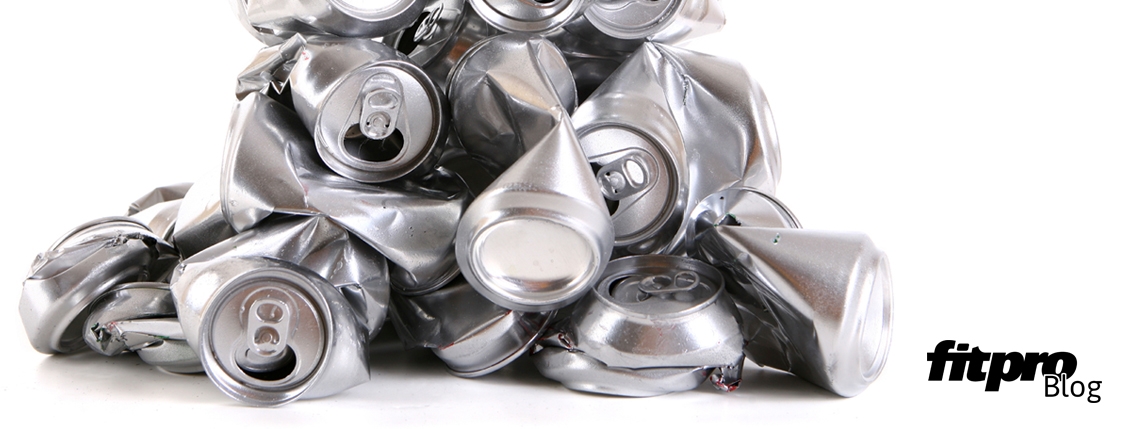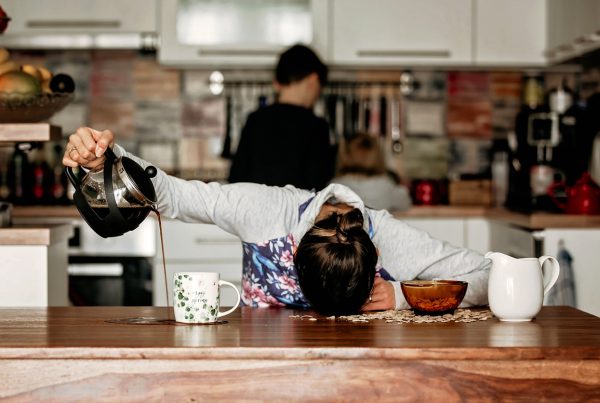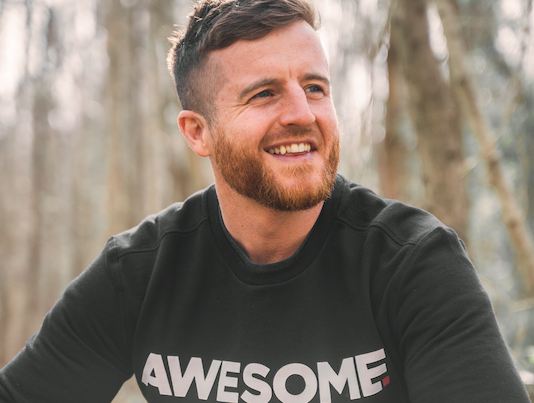The Government has launched a public consultation on its plans to make it illegal to sell energy drinks to children. Energy drinks contain high levels of caffeine and sugar and have been linked to obesity and other health-related issues.
So, what age should the restriction be? The Government is asking for views on what age the ban should apply, but gave under 16 and under 18 as options.
Public Health Minister Steve Brine commented on BBC online by saying, “Our children already consume 50% more of these drinks than our European counterparts, and teachers have made worrying links between energy drinks and poor behaviour in the classroom.”
We asked FitPro’s nutritional contributors for their opinions on the news story this week.
Fitpro magazine dietician Linia Patel said, “Banning energy drinks is just one of the initiatives in the Childhood Obesity Strategy and, in my opinion, is a helpful one. Energy drinks are known to typically contain high amounts of sugar and caffeine. There is a mounting body of evidence that demonstrates that the consumption of energy drinks is detrimental to both the physical and mental well-being of young people.”
Patel adds, “However, we know that banning the sale of energy drinks to children won’t solve the obesity crisis. We know there are many factors such as health promotion and education (particularly early years nutrition), limiting marketing and advertising of high-sugar, high-fat foods, and ensuring that our children grow up in an environment that encourages making the right nutritional choices.”
Performance nutritionist (CISSN), coach (S&C), international speaker and FitPro podcast host Ben Coomber said, “While everyone should be entitled to personal choice in all areas of life, when it comes to energy drinks, many kids don’t know what is in some of these drinks, especially the larger cans with more than 55g of sugar and 150mg of caffeine per serving. This is a huge amount for someone of low bodyweight; a key reason I’m glad this is being passed through Government. Teachers often complain about behaviour in class, and this goes one step further in helping regulate its consumption to ensure kids make better choices when left to decide what drink to have.”
“I’m pleased that the Government is seeking evidence-based guidance about the suitability of energy drinks for children,” says Anita Bean, registered nutritionist and author of The Complete Guide to Sports Nutrition. Bean continues, “Despite warning labels on these drinks, we know that under-18s are big consumers – more than two thirds of 10-17 year olds and nearly a quarter of those aged 6-9 drink them and regard them as ‘cool’, thanks largely to the marketing hype that surrounds them. I see many young athletes drinking them in the belief they will get an energy and performance boost, but many end up with side effects that can be harmful to their health. The main problems with these drinks relate to their high sugar (up to 15g/ 100ml) and caffeine content.”
Bean concludes, “Sugar-free versions are available so it’s the caffeine content that I’m more concerned about. While caffeine is considered safe for use in adults, there’s very little research supporting its safety in under 18s. We know that children tend to be more sensitive to caffeine than adults and that it can have more unpredictable effects in children. High doses can result in trembling, sleeplessness, headaches and high blood pressure. I’ve seen young athletes experience these symptoms at competitions and perform badly. However, I would prefer to see effective health education initiatives and school-based education programmes employed to reduce the frequency and amount of sugary drinks consumed by children, rather than a Government ban, which may end up being ineffective.”
What news did you read about this week? Have you got an opinion? Email us your views today:
Where next? Find out about Paul Batman’s coast to coast walk Click HERE







